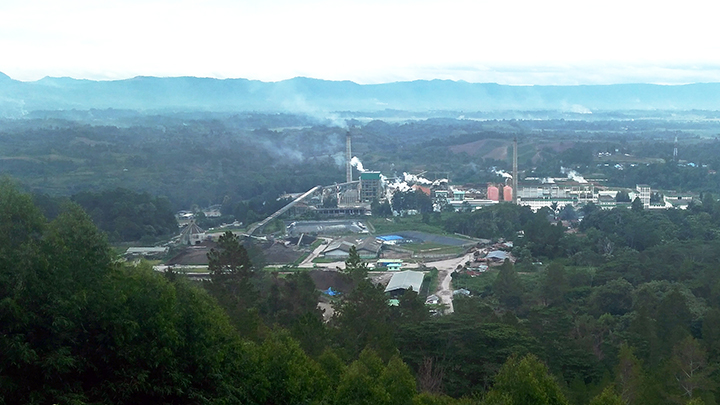Wood Export Conjuring Tricks
Tuesday, February 4, 2020
arsip tempo : 174603585163.

A TRONTON dump truck crawled shakily on the Siborong-borong-Parapat road, in North Sumatra, last November. Traversing the trans-Sumatra road which hugs the Toba Lake, its load protected by orange-colored tarpaulin soared up to two meters high. The truck driver was on a 230-kilometer drive from the Toba Pulp Lestari plant in Porsea headed towards the Belawan Port in Medan. The trip takes some 10 hours.
Every day these heavily-loaded lon
...
Subscribe to continue reading.
We craft news with stories.
 For the benefits of subscribing to Digital Tempo, See More
For the benefits of subscribing to Digital Tempo, See More








